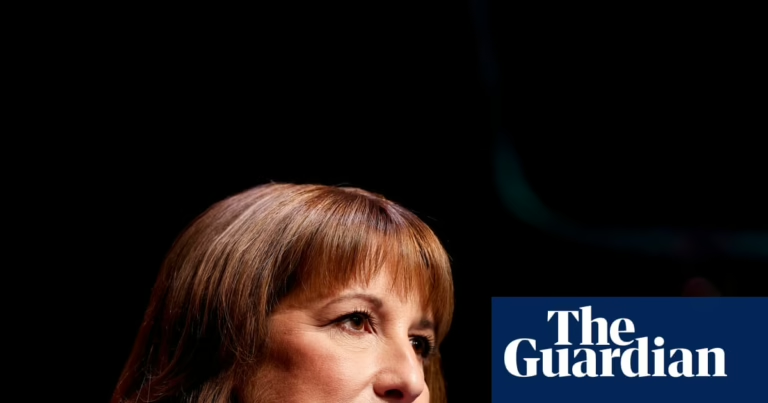Top financial analysts in the UK have advised Chancellor Rachel Reeves to consider implementing substantial welfare reductions in the upcoming budget as a strategy to calm unsettled financial markets.
Following Reeves’s recent indication that spending cuts might be on the table, the Institute for Fiscal Studies (IFS) has urged her to take decisive measures to address a looming £22 billion gap in public finances.
The IFS cautioned against minimal efforts to restore fiscal stability, emphasizing that the chancellor may need to revisit welfare reforms alongside potential tax increases to meet her self-imposed budgetary targets.
Among the proposals suggested are abandoning the pensions triple lock, intensifying reductions in health and disability-related benefits, and curbing the expansion of funding for special educational needs.
However, these proposals risk reigniting disputes within the Labour Party’s backbenchers, especially after a previous attempt to enforce significant welfare savings led to a politically damaging reversal earlier this year.
Ben Zaranko, associate director at the IFS, stressed that any reforms should be framed as improvements to individual outcomes rather than mere cost-cutting exercises. “Pursuing savings without clear benefits is unlikely to succeed,” he remarked.
In its latest “green budget” analysis, released ahead of Reeves’s Commons address, the IFS highlighted that the chancellor might need to generate at least £22 billion through a combination of tax hikes and spending reductions.
This amount would replenish the £9.9 billion fiscal headroom Reeves had set during the March spring statement, aligning with her primary fiscal rule that mandates day-to-day expenditures be balanced by revenues by the end of the parliamentary term.
The Office for Budget Responsibility is expected to downgrade forecasts sharply due to rising borrowing costs, weaker productivity outlooks, and previous welfare policy reversals, adding pressure on the chancellor.
Nonetheless, the IFS argues for a more ambitious revenue-raising approach to establish a stronger financial cushion, thereby reducing the risk of recurring market doubts about adherence to fiscal rules.
Helen Miller, IFS director, noted, “While this approach carries costs, it is preferable to navigating from one uncertain forecast to another amid ongoing speculation about further policy tightening. Such persistent uncertainty undermines economic confidence.”
In collaboration with Barclays, the IFS emphasized that any fiscal measures must be credible to financial markets to prevent renewed skepticism about Labour’s fiscal discipline.
Barclays pointed out that demonstrating a genuine commitment to reducing expenditure, especially in welfare, would signal to investors that the government possesses both the resolve and capability to meet its fiscal goals.
Moyeen Islam, a fixed income strategist at Barclays, explained, “Welfare cuts are symbolic. They indicate a readiness to make difficult decisions and expend political capital. If such measures can’t be enacted with a solid parliamentary majority, it raises questions about when they ever will be.”
He added that investors are wary of a fragmented approach to fiscal repair, fearing a patchwork of minor tax increases lacking clear deliverability.
“If the government resorts to a disjointed mix of policies perceived as unfeasible, it risks triggering a negative market reaction,” Islam warned.
A spokesperson from HM Treasury declined to comment on speculation but reaffirmed that the chancellor’s firm fiscal rules are designed to maintain low interest rates while prioritizing investments that foster sustainable economic growth.




















